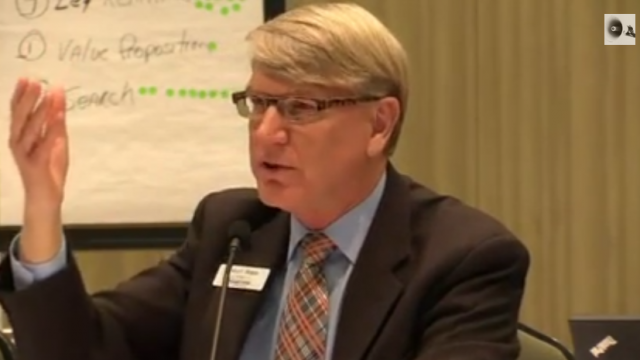Open Records Exemption Requested By NDUS So Broad It Could Include Anything

A few weeks ago the North Dakota University System inspired eye-rolls when they announced their intention to seek an exemption from open records law for university president evaluations. It was so on-the-nose for a group of people who are widely seen as little more than rubber stamps for whatever certain university presidents anyway that it was almost hard to believe.
But after some criticism, the university system announced that they would only be seeking an exemption for draft evaluations while keeping the final reports public (hilariously, and in keeping with the pattern of dishonesty we’ve come to expect from the university system, they tried to claim that this was always their intent).
That sounds more reasonable on its face, but I’ve obtained through an open records request a copy of the draft legislation, and it’s far more broad in scope that university leaders are letting on.
You can read the full draft below. Here’s an excerpt of the pertinent part. See if you can spot the problem:
This language goes a bit further than simply making draft copies of president evaluations off-the-record. It also exempts from open records request all materials used for the evaluations.
That’s a very, very broad exemption which could include all manner of records that are currently public. After all, what records at a public university couldn’t be used to evaluate a president? Given this broad exemption, the universities could claim everything from graduation and enrollment numbers to development contracts off limits to the public.
Of course, university system bureaucrats probably wouldn’t use the exemption in quite so broad a way, but they would have a powerful new tool to beat back public inquiry into the operations of public universities.
The North Dakota University System has a horrendous track record when it comes to honoring open records requests. It wouldn’t be hard to see this exemption abused, and records kept from the public because they were or would be used to evaluate the performance of a university president, with the only recourse being a lengthy review from the Attorney General’s office which usuall doesn’t produce results until months after the fact.
This exemption goes too far, and is little improvement over what the universities previously proposed. Hopefully, lawmakers will shoot it down.





